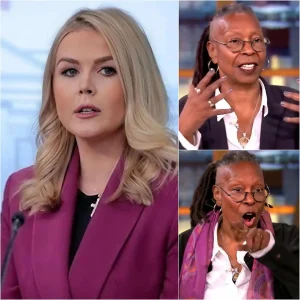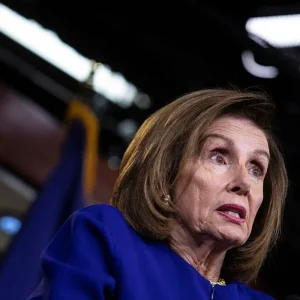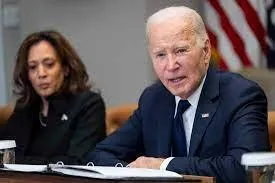Texas’ efforts to ban Sharia law have reignited fierce debate, with proponents calling it a defense of American values and critics labeling it discriminatory overreach. The push, rooted in 2017’s House Bill 45 and amplified by recent 2025 developments, centers on prohibiting foreign laws, including Sharia, from influencing Texas courts, particularly in family law. But is this a bold stand for constitutional integrity or a misstep fueled by fear? The raw truth lies in legal realities, political motives, and public sentiment.
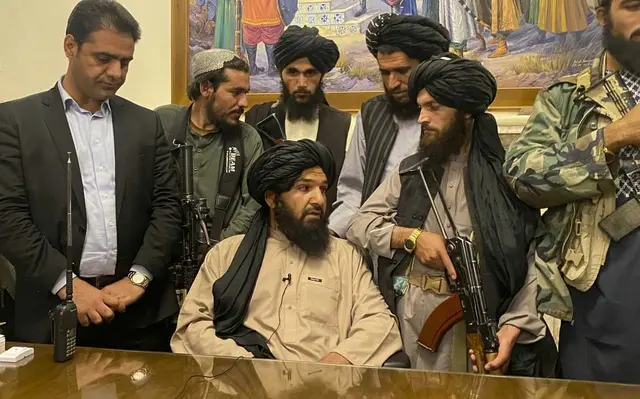
In 2017, Governor Greg Abbott signed HB 45, the “American Laws for American Courts” bill, which bars judges from applying foreign laws that violate U.S. or Texas constitutional rights. While not explicitly naming Sharia, the bill was widely interpreted as targeting Islamic law, prompting outcry from groups like the Council on American-Islamic Relations (CAIR), who called it “anti-Sharia” and discriminatory. The law, effective since September 2017, applies to cases like divorce or child custody, ensuring Texas law prevails. Twelve other states have similar laws, reflecting a broader “anti-Sharia” movement spearheaded by figures like David Yerushalmi, who critics, including the Southern Poverty Law Center, accuse of promoting anti-Muslim narratives.
Recent 2025 developments have thrust the issue back into the spotlight. Governor Abbott and Senator John Cornyn have targeted the East Plano Islamic Center’s (EPIC) proposed “EPIC City” development, a Muslim-led community near Dallas. Abbott declared on X, “Sharia law is not allowed in Texas,” alleging the project implies “no-go zones.” Multiple state agencies, including the Texas State Securities Board, are investigating EPIC for potential fraud and consumer protection violations. Cornyn urged the DOJ to probe whether the project discriminates against non-Muslims or enforces Sharia, citing Fair Housing Act concerns. CAIR countered, calling these probes “Islamophobic” and noting that Sharia is moral guidance, not a legal code overriding U.S. law. No evidence suggests EPIC plans to implement Sharia governance.
Critics argue Texas’ actions are redundant and inflammatory. The U.S. Constitution’s Establishment Clause already prevents religious laws from superseding secular ones, and courts rarely consider Sharia. A 2010 New Jersey case, where a judge briefly misapplied Sharia, was overturned, showing existing safeguards work. The American Bar Association has opposed such bans, warning they could disrupt contract law or religious freedoms, like Islamic marriage contracts. Conversely, supporters, including voices on X, claim Sharia’s principles are incompatible with American values, citing concerns about women’s rights or “creeping” Islamic influence, though evidence of Sharia’s impact in Texas courts is scant.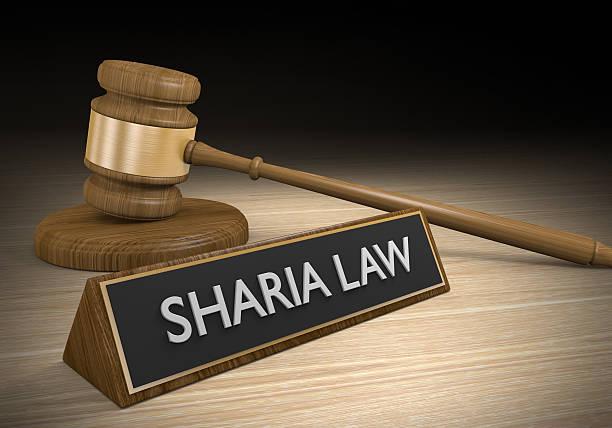
The debate exposes deeper tensions. Proponents frame it as protecting constitutional fidelity, but critics see it as fearmongering that stokes Islamophobia, especially amid rising anti-Muslim sentiment post-9/11. Texas’ focus on Sharia, while ignoring other religious laws like Halacha or Canon Law, fuels accusations of bias. The EPIC City controversy, lacking proof of Sharia enforcement, risks escalating into political theater rather than addressing substantive legal threats.

